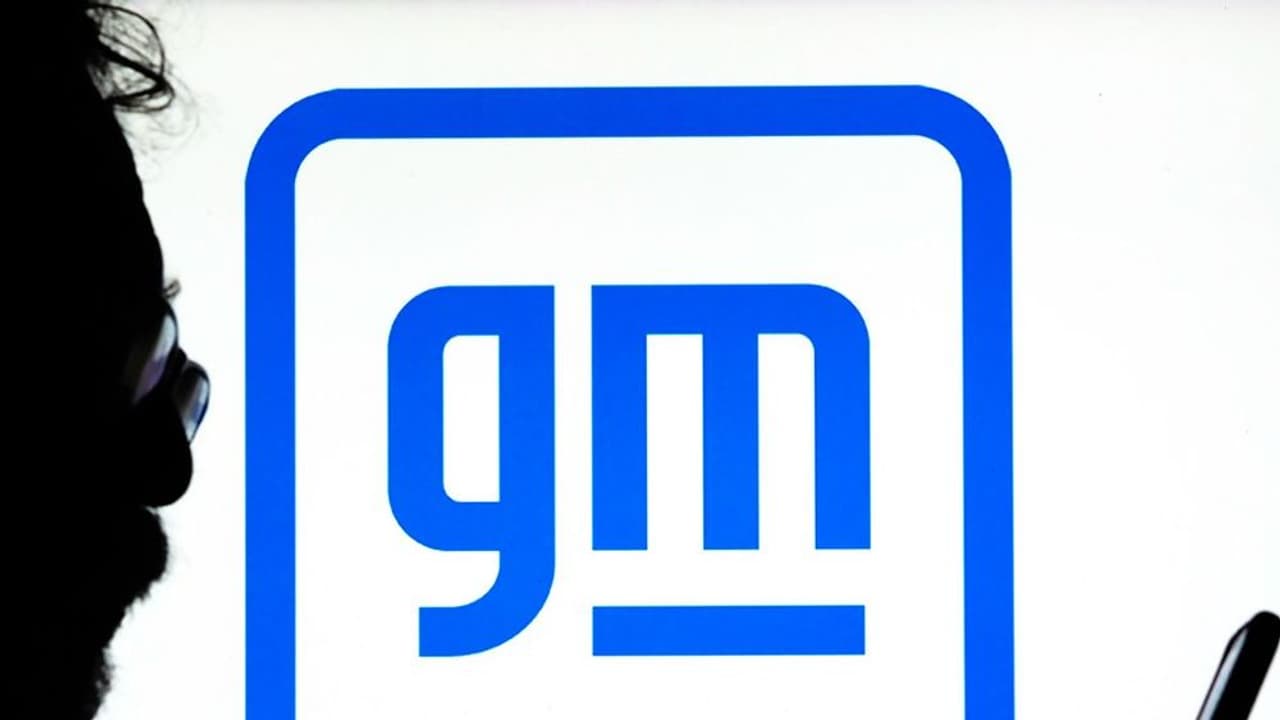The next generation of Bolt vehicles is expected to start rolling off the production line later this year.
U.S. automaker General Motors (GM) intends to import batteries from China in spite of steep tariffs imposed by the Trump administration on imports from the country, The Wall Street Journal reported on Thursday.
The batteries will be used to power the next generation of GM’s Chevrolet Bolt electric vehicles and will be bought from battery-making giant Contemporary Amperex Technology (CATL). GM will source batteries from CATL for about two years until the company can start manufacturing the lower-cost lithium iron phosphate batteries with its Korean partner LG Energy Solution in the U.S., the report said, citing people familiar with the matter.
The next generation of Bolt vehicles is expected to start rolling off the production line later this year. The vehicle will be made at GM’s Fairfax Assembly Plant in Kansas and reach dealerships in 2026. A GM spokesperson also told The WSJ that the sourcing from CATL will be “temporary.” GM, however, will have to bear the brunt of the total duties of about 80% on Chinese EV batteries, the report noted.
Last month, Ultium Cells LLC, a joint venture between GM and LG Energy Solution, said that it will upgrade its Spring Hill, Tennessee, battery cell manufacturing facility to scale production of low-cost LFP battery cells. Conversion of battery cell lines at Spring Hill to produce LFP cells will begin later this year, with commercial production expected by late 2027, it said.
GM now expects gross tariff impact of $4 billion to $5 billion for the year, but is attempting to mitigate at least 30% of it. In the second quarter (Q2) alone, GM incurred a $1.1 billion net impact from tariffs.
GM stopped production of its previous generation of Bolt vehicles in December 2023. The vehicles were known for their low starting price, compared to their premier EV offerings such as the Cadillac Celestiq. The next generation of the vehicle is expected to be priced around $30,000.
GM stock is down by about 1% this year but up by 30% over the past 12 months.
Read also: DOJ Requires Broad Divestitures, $1.1M Fine To Resolve UnitedHealth-Amedisys Merger Challenge: Retail Thinks It May Reduce Expected Synergies
For updates and corrections, email newsroom[at]stocktwits[dot]com.<
